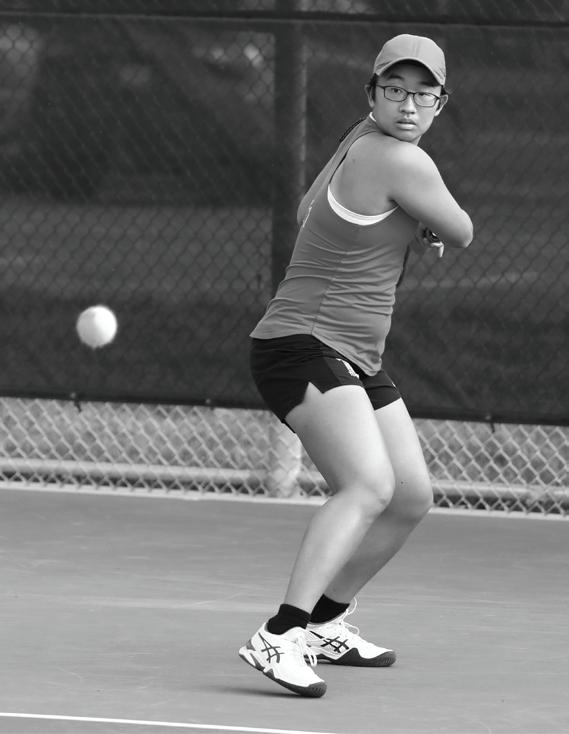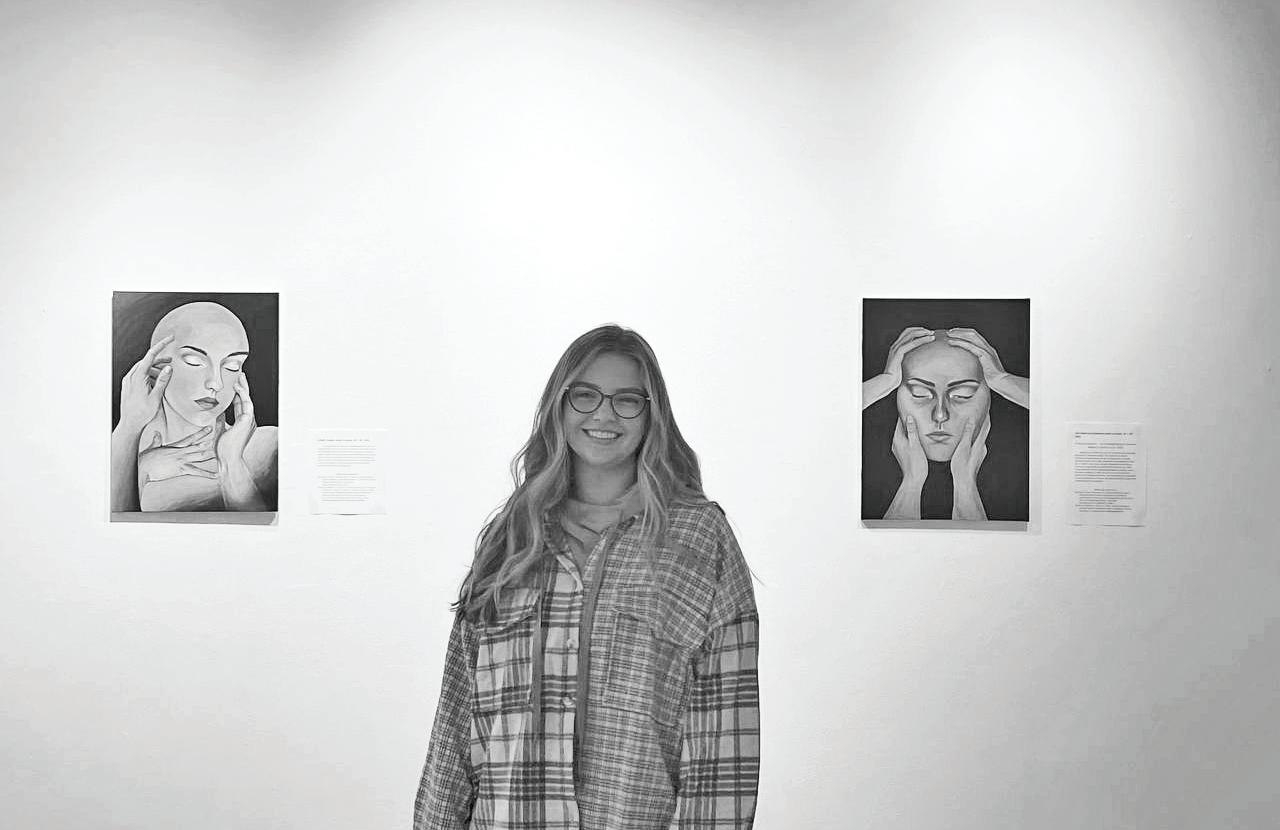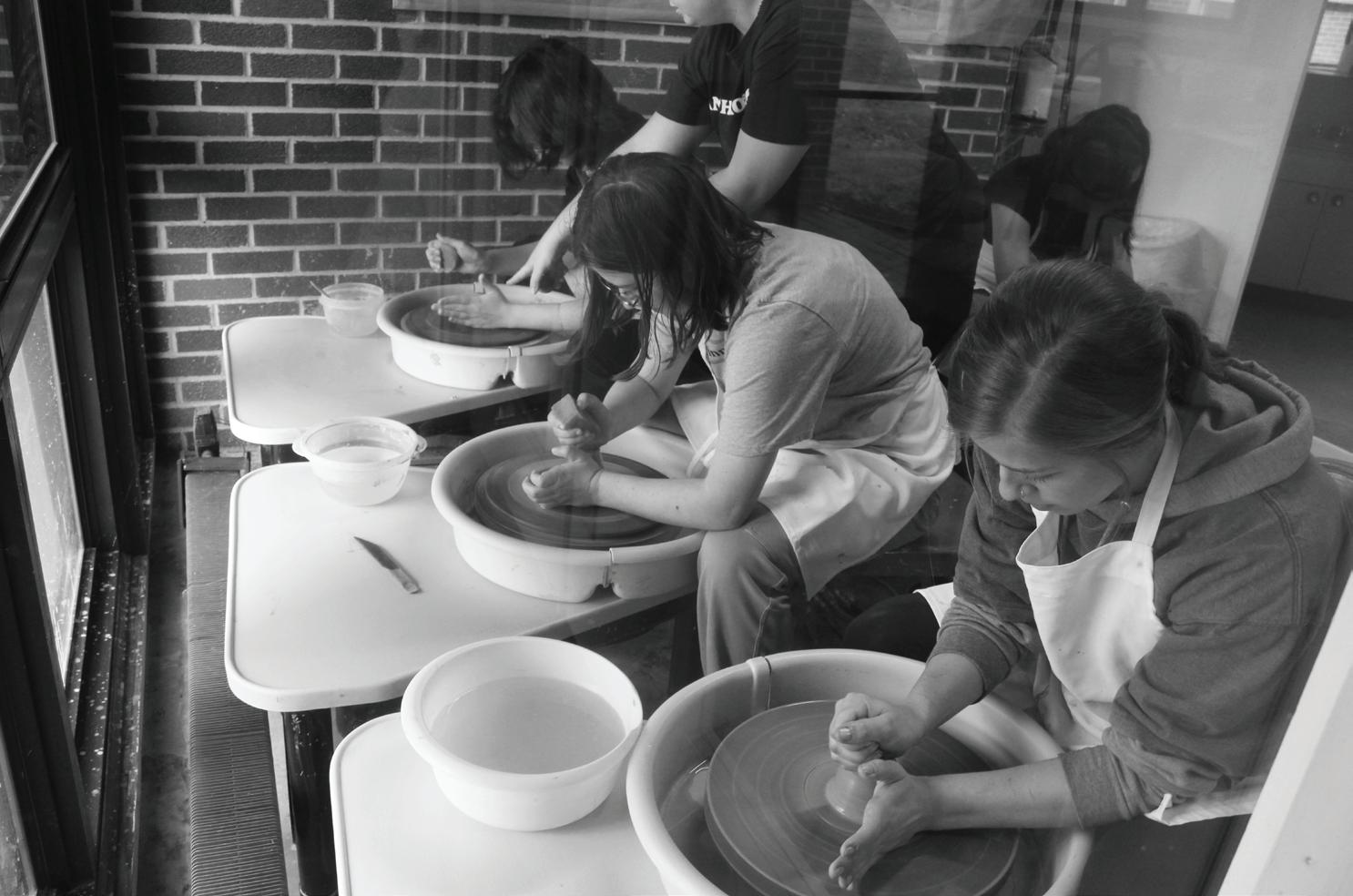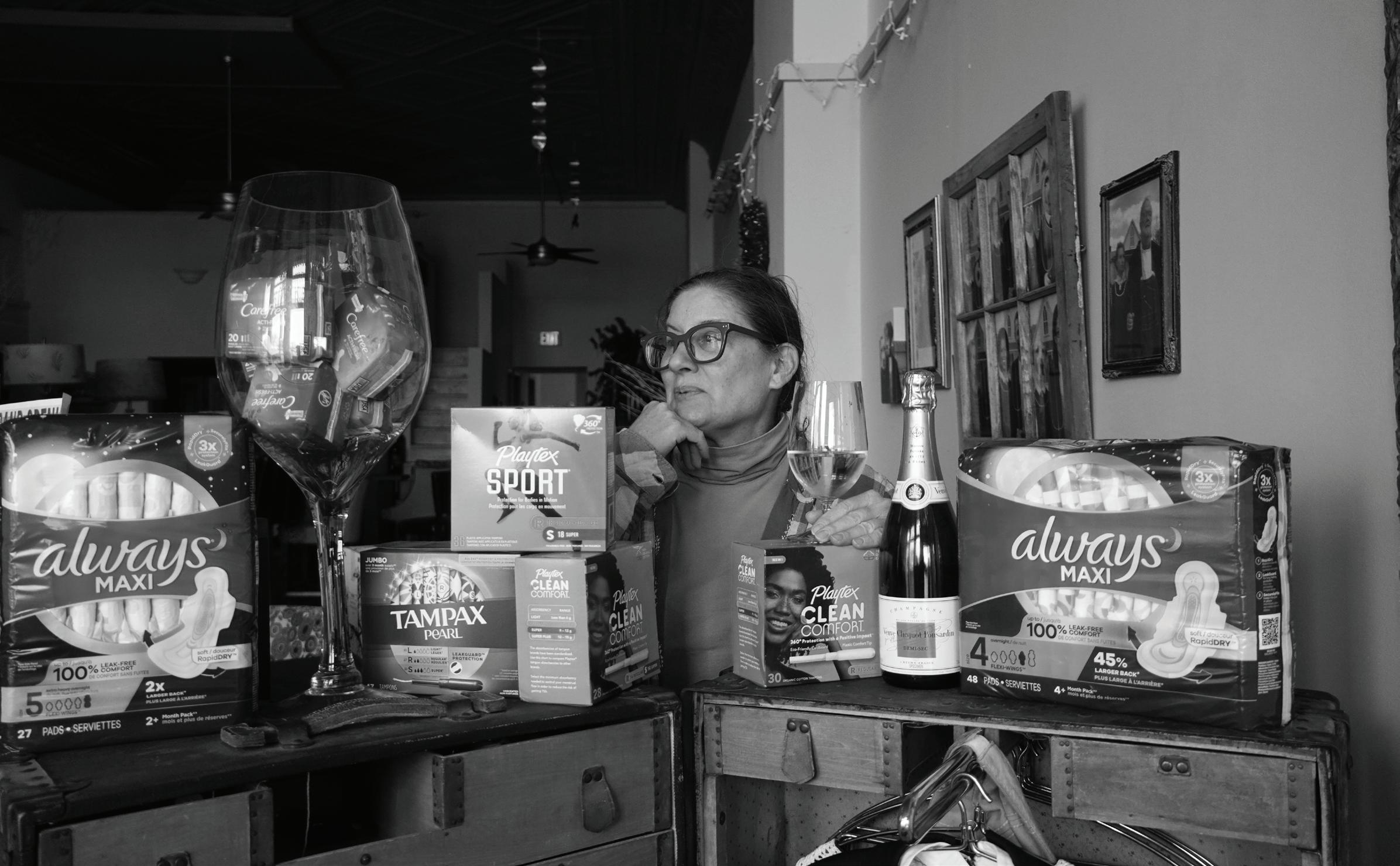
1 minute read
Working Differently recieves mixed feedback
By Zach Spindler-Krage spindler@grinnell.edu
This spring, Working Differently Days have formally returned, and the initial feedback is mixed.
Advertisement
On March 2, Grinnell College students, faculty and staff had their first Working Differently Day of the semester. This was the first of two days in the spring semester where no classes, standing meetings or co-curricular activities were held. While meant to help reinstitute a healthy work-life balance, some students and professors have found the Working Differently Days to actually increase their workload and stress.
Working Differently Days were introduced by Elaine Marzluff, former interim dean of the college, in the spring 2022 semester. Due to mixed feedback from numerous college committees, the Grinnell College Office of the Dean decided not to implement formal Working Differently Days in fall 2022. Instead, Beronda Montgom- ery, dean of Grinnell College, encouraged faculty to “use the fall semester of 2022 to intentionally consider how to promote operationalization of these days that best supports the health of individuals,” according to a campus-wide email sent on Aug. 9.
Tim Arner, associate dean of curriculum and academic programs, said that although he was not directly involved in the creation of Working Differently Days, he has been fielding many questions from faculty, staff and students about the purpose and guidelines of these days.
“We heard from the campus community that there is significant burnout and difficulty keeping up with the pace of things,” he said. “So these days were meant to be responsive to the cry for help in managing work-life balance.”
Arner says that there is intended to be flexibility for faculty to negotiate specific utilizations of the days. “We want these days to be purposely disruptive, but not in a way that produces anxiety,” he said. “The last thing we complaints to using an external adjudicator, a role frequently filled by Marsha Ternus, former chief of the Iowa Supreme Court, according to court documents. The office also began engaging Kansas City-based Husch Blackwell, LLP, for conducting investigations the same year.
After a formal investigation is ini- tiated by the Title IX office, an external investigator is tasked with gathering all evidence relating to the allegation into a final investigation report, which the investigator submits to an external adjudicator that is unaffiliated with the College. Then, the adjudicator determines if an individual is likely responsible for sexual misconduct using the
ELEANOR preponderance of evidence standard — a standard needing a lower threshold of evidence than innocent-before-guilty standards in criminal court.
The changes arose amidst advocacy by the student-group Dissenting
>> Continued on page 2










